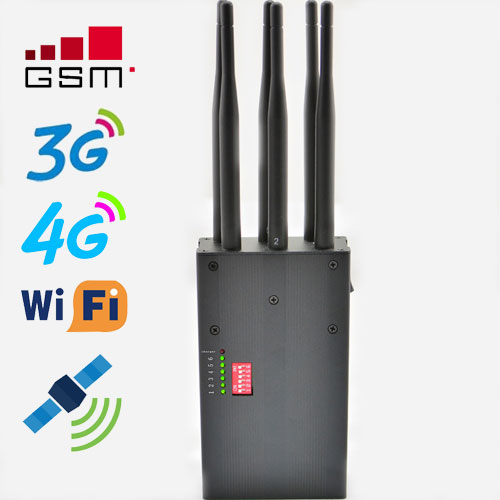Crowdsourcing and the collection of such information are regarded by many in the industry as relatively simple technical issues. For example, representatives from Orolia and Microsemi presented their ideas on crowdsourcing data destruction in a recent speech to the US PNT Advisory Committee. However, both parties believe that without government customers, there is almost no commercial motivation to engage in such work.
It is not surprising that the European Union is leading in this area and other GNSS providers do not seem to be interested.
Unlike GPS, GLONASS, and Beidou (mainly a national security system), Galileo in Europe is built and operated by civil organizations focused on economic and civilian interests. Interfering signals directly damage these benefits, and it is easy to see from the direct economic costs.
For example, many European countries use GNSS to charge. Small GSM jammer is easily available on the Internet, and illegal use of them may cost countries millions of dollars in tolls each year. Without regular testing, sanctions and the ability to stop such activities, economic losses will continue to increase.
The EU’s advance notice did not specifically address the interruption of the charging issue. Toll stations and other institutions may wish to install their own dedicated interference detectors and then link them to the EU backbone and database.





